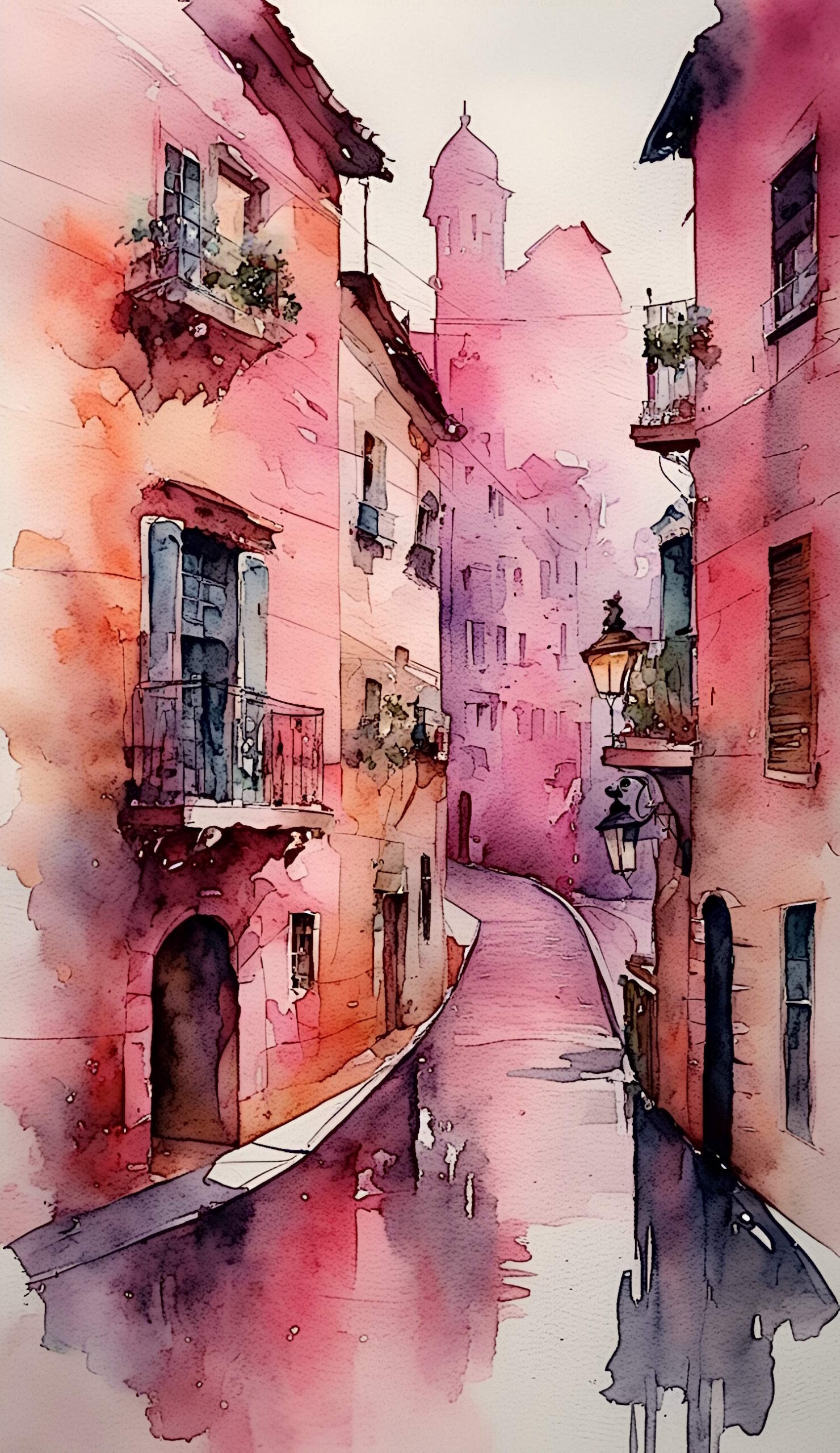What is humanism? It is a perspective from which you see the world, rather than a school of thought or a collection of beliefs.
Humanism gives man unique capacities with respect to other living beings who are cultivated and celebrated for their own good. It is established between the vision that subjects man to the divine and the one that treats him like any other animal. The form of humanist thought developed (although it comes from the classical era) and extended during the eighteenth century with thinkers such as Voltaire, Rosseau, Deiderot, Bentham, Hume, Lessing, Kant, Franklin or Jefferson. This set of thinkers had in common support for values such as freedom, equality, secularism and cosmopolitanism, and the exaltation of creative active life versus contemplative life. They also believed in the capacity for perfection of human nature, moral sense, responsibility and the possibility of progress.
In the twentieth century, in the face of totalitarianism and wars humanists oppose values of nobility, resistance, intelligence, moderation, flexibility, sympathy, love and seek the beauty of mankind and the landscape.
Humanists attach crucial importance to education by enceiving it as the full development of the creative personality, linking science with politics and culture with democracy. Humanists attach paramount importance to freedom of thought and opinion, the use of intelligence and pragmatic research in science and technology, political systems governed by representative institutions. Believing that one can live without metaphysical or religious certainties and that all opinions are open to review and correction, they see the human flourish through open communication, discussion, criticism, and unforced consensus.
Humanism is, in short, a component of a wide variety of more specific philosophical systems and various schools of religious thought. Long before being widely employed in political terms, humanism is a concept of the history of philosophy, renewed with the Renaissance, associated in particular with the movement represented by Erasmo, Michel de Montaigne or even Guillaume Budé, to whom it is the honor of having been interested in both Greek-Latin literature and personal reflection.

